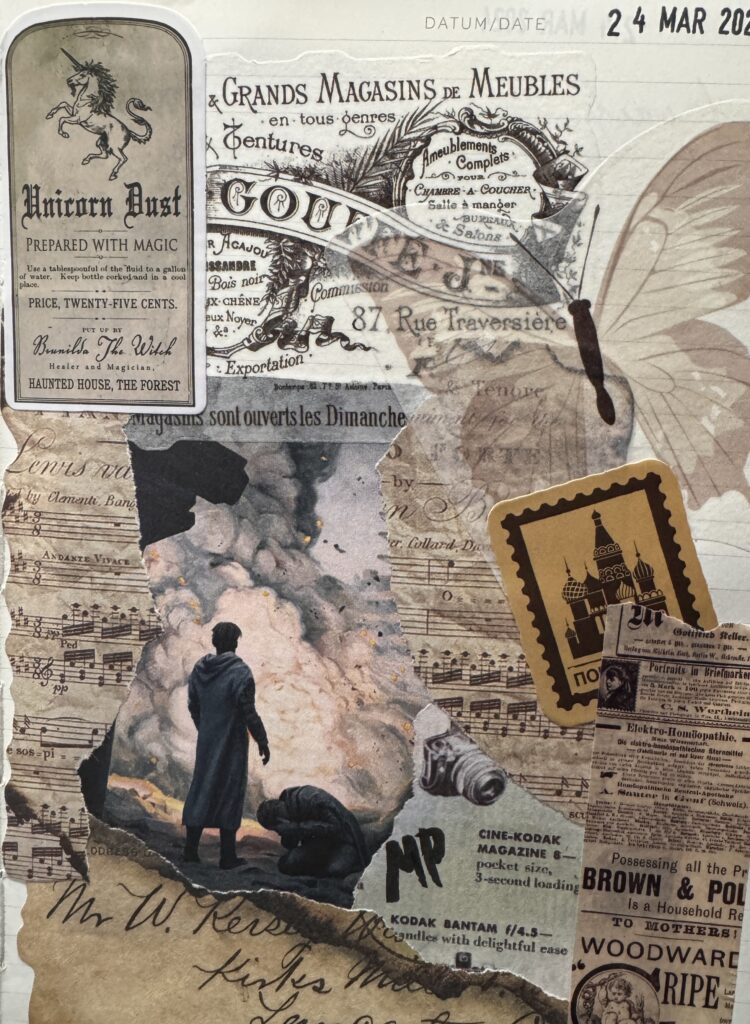
“It would be nice if all of the data which sociologists require could be enumerated because then we could run them through IBM machines and draw charts as the economists do. However, not everything that can be counted counts, and not everything that counts can be counted.”
William Bruce Cameron
If there was a better quote for how many schools assign grades to student work, I don’t know what it might be.
Yes, the US’s most popular form of grading still uses letter grades. I know I know, those letters have numbers assigned to them to make it easy for teachers to score.
But who decided what the numbers meant, and why is the range for failure so huge compared to everything else?
Normally, on a 100-point grading scale, more than half of the “numbers” give you a failing grade.
Really? Can we finally admit that, much like Whose Line is it Anyway, the points don’t matter?
Authentic work, the goal so many of us in education are working toward, isn’t easy to “count,” no matter how you frame it.
But the skills students learn when they are presented with real problems and shared with a real audience absolutely count.
Count what counts, leave the rest to the number-crunchers.
The Eclectic Educator is a free resource for all who are passionate about education and creativity. If you enjoy the content and want to support the newsletter, consider becoming a paid subscriber. Your support helps keep the insights and inspiration coming!
